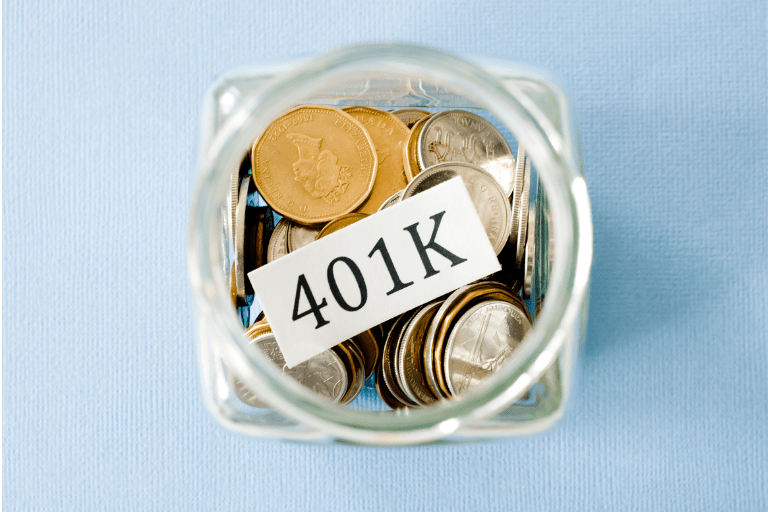 I think it’s better to pay taxes on your retirement savings while you are working, than to pay later when you are retired.*
I think it’s better to pay taxes on your retirement savings while you are working, than to pay later when you are retired.*
If you read any article over the past 30 years on how to save for retirement, you can pretty much guarantee that somewhere in that article, the author will tell you that you should do your best to maximize your contributions to your company’s qualified plan if you can.
The Pros:*
- Mandatory savings: The contribution represents “forced savings.” This is a good thing.
- Tax-deductions: You receive a tax deduction on your contribution. Often you will hear or read the argument that you should save tax today while you are working and paying a higher tax rate. You should pay taxes later when you are retired and in a lower tax bracket. (Or are you in a lower tax bracket?)
- The company match: You may get a company match on your contribution. That company match represents “free” money. This is a good thing!
Given these three pros for using your company retirement savings program, why wouldn’t a prudent person jump right on board?
The Cons:*
- You create an enormous tax liability: Think about it this way. Let’s say you are saving $18,000 per year in your qualified plan. You are deferring income tax on $18,000 each year you deposit the money. But when you retire, you may have built up an account worth $1 or $2 million. That is $1 or $2 million that has never been taxed! And you, or your heirs, will pay tax on every penny of it. You saved tax on your seed, but you will owe tax on your harvest.
- You are NOT in a lower tax rate bracket in retirement: Qualified plan providers will often tell you to take your tax deduction today and pay tax later when you are retired and in a lower bracket. Just one problem: Do you really want to be in a lower tax bracket when you retire? Think about it. Do you want to retire with a lower standard of living? You save for 30 years, and if you do a good job, you get to retire into the SAME standard of living. This means you will have about the same amount of income, which means the same tax rate. But now your home is paid for, your children are gone, and your tax deductions have vanished. The taxes you owe increase, and that assumes tax rates do not rise in the future. What do you think the odds are on that?
- You are now a target: You might agree that the good folks in Washington, D.C., have a spending problem. But how are they going to pay for it all? You can bet your last dollar that they all know that there are trillions of dollars sitting in your qualified plans that have never been taxed. This is like candy to a baby, and they want it. Do you really want the bulk of your retirement dollars sitting in the cross-hairs of a government with a spending habit?
So, what you should do:*
Only put the minimum in your company’s qualified plan to get your company match. Free money is a good thing. Take advantage of your employer match. Adding in additional funds beyond that may be a mistake.
Put any additional dollars into an account after-tax that the growth will be tax-free for life. Some examples are Roth IRA or a maximum-funded life insurance. Be sure to work with a really good financial advisor that can help you set it up in the proper way.
When it comes to taxes on your retirement plans, Uncle Sam takes a “pay me now or pay me later” approach. You know that in life, it is almost always better to just pay me now. The same is true with taxes and retirement. It is okay to pay a little now to be tax-free later. In fact, it’s better than okay.
(Referenced Article)
*Note: The views expressed in this article are just one opinion. Please always work with a licensed financial professional when determining a course of action for your investments and retirement savings, and determining your taxes.
The Circle of Wealth® has several presentation tools that can help you explain the qualified plans and what they really do. Watch our client-ready marketing video: Qualified Plans
